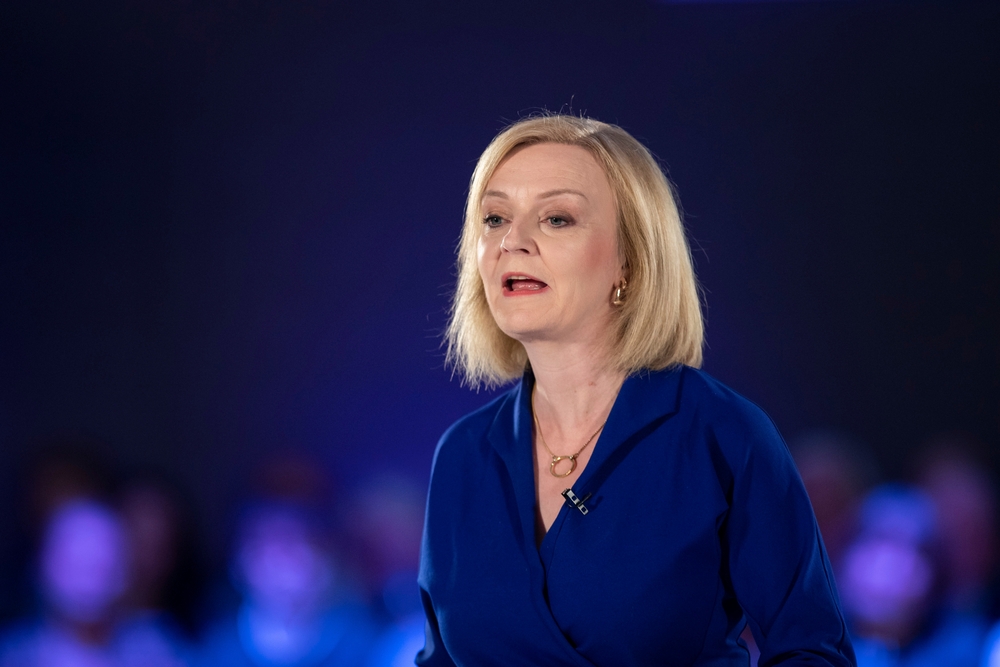
Truss, unlike her competitor Rishi Sunak, did not resign under Boris Johnson and is as of this moment, a huge supporter of Johnson’s values and leadership. Although her loyalty and determination to carry out the 2019 Conservative manifesto has been praised, one must ask why it is that she is so supportive of continuing a prime ministership that failed to prioritise women’s rights and safety. Truss is the third woman in UK history to achieve this feat, and whilst one can acknowledge the benefits of having female leadership in a male dominated field, one woman’s success does not equate as a win for all women.
As the former Minister for Women and Equalities, Truss’s election signifies a transformation in British political culture and serves as an encouragement for women, not only in politics, but everywhere. The weight of her influence will only be told with time.
 Issues of The Day/Current Crises
Issues of The Day/Current CrisesThe list of issues facing the UK today is long, whether it be the energy crisis, recession, climate, or the NHS, one must not forget the intersectional challenges posed to women. The cost of living is going up, and due to the inevitable disparity of the gender pay gap and the unequal burden of caring and household responsibilities, women need greater support and reassuring assistance from the government, especially in relation to the increasing costs of childcare.
It is vital that Truss acts where previous Prime Ministers have failed.
However, if her time as minister for Women and Equalities is anything to go by, this is looking unlikely. We must not forget that it was only this time last year that Truss was accused of treating her ministerial position as a ‘side hustle’ due to her prioritising her role as foreign secretary.
 Women’s Rights
Women’s RightsAs aforementioned, Truss has not always been the most vocal advocate for women’s rights. Her inability to acknowledge the brunt of the cost-of-living crisis on women of colour, LGBTQIA+, and working-class, emphasises her ‘traditional’ approach to women’s rights. As further illustrated by her previous failures to advance LGBTQIA+ rights, and her desire to ‘protect single – sex spaces’. Despite this, her stance remains largely unclear as her time as Equalities minister saw her attempt to ban conversion therapy before Johnson U-turned on the policy and excluded the trans community from the bill. Truss has yet to speak on this further.
One notable area of silence is Truss’s stance on reproductive rights, an ever-poignant topic of debate following the US Supreme Court’s decision to overturn Roe v Wade in June this year. Previously, in 2021 Truss voted to decriminalise abortion in Northern Ireland but abstained from a similar bill implementing ‘buffer zones’ outside of UK clinics.
Her continuing silence on this matter will be deafening for women all over the UK, and internationally.
Despite a weak stance on many areas of women’s rights, Truss has promised to introduce a ‘National Domestic Abuse Register’, which would cover varying forms of abuse from coercive control and financial abuse. Truss’s proposal could not only decrease attacks on women, but also further protect the victims who have already faced such abuse. This is hopeful following the increasing number of high-profile murders of women, following the devastating cases of Sarah Everard and Sabina Nessa in 2021.
Being a woman in British politics is never easy, however Truss’s privilege as a white, highly educated individual puts her in an influential position. Her future as Prime Minister could be used to uplift women with experiences different to her, and one can only hope she soon speaks up about more of the intersectional issues faced by women under today’s government. The appointment of Truss must not be confused as a wholehearted triumph of equality, especially when her approach to women’s rights has previously been seen by some as lack-lustre at best.
You can find out more about Liz Truss here.
 About the author
About the authorMia Vallely has a BA Politics from the University of Nottingham and is currently studying Law at the University of Law, London. She writes on current affairs, UK politics, human rights and geopolitical events.

